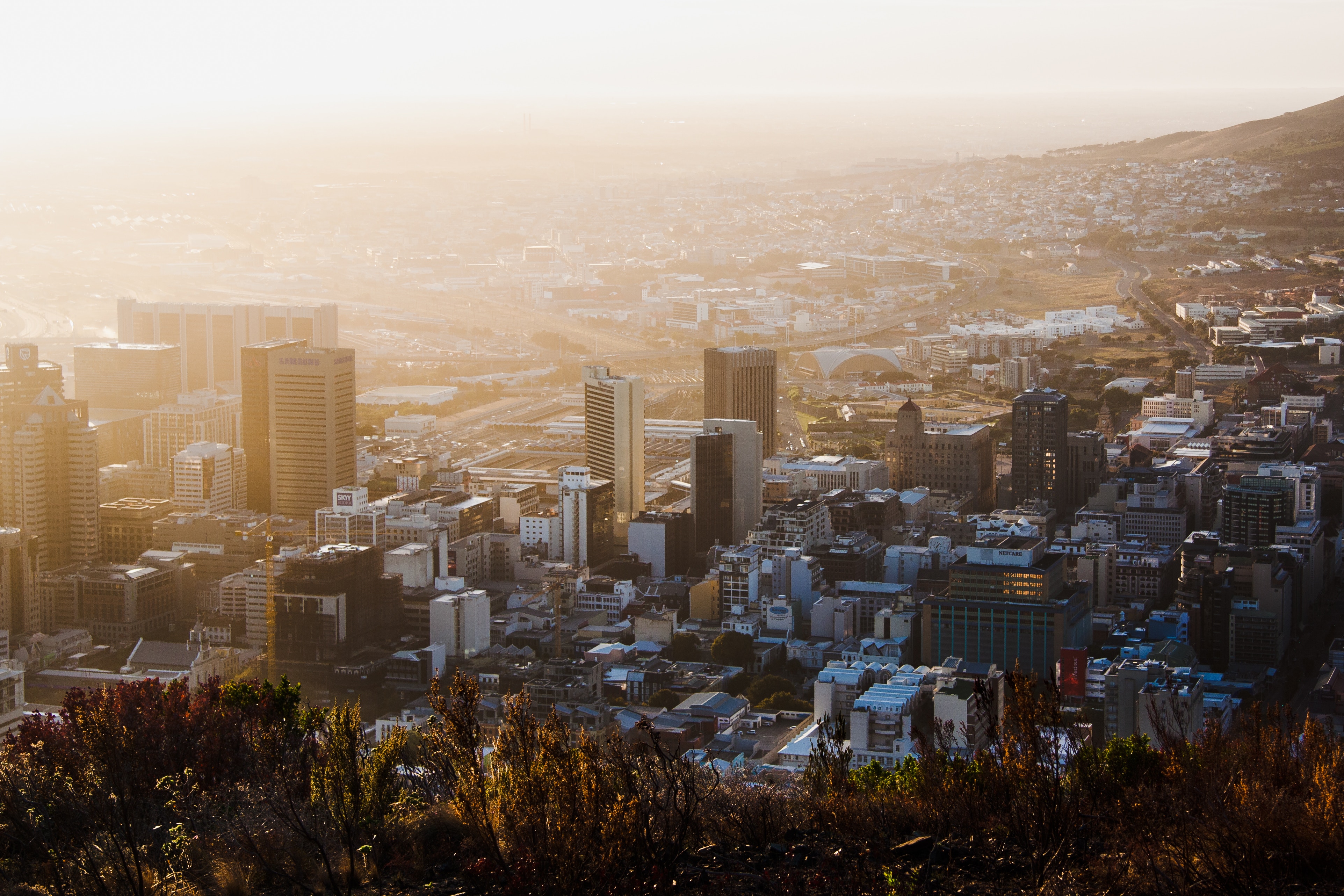The six things that Cape Town can start doing now to secure its water future
Cape Town, in South Africa, has been experiencing an unprecedented drought for the past three years, in a country that is already described as ‘water stressed’, bordering on ‘water scarce’.
Our delegation from the Western Cape Government visited Australia (26 February–7 March 2018) to learn from Australia’s experiences. We know Australia learned many valuable lessons about how to become more resilient during the millennium drought, and we wanted to learn from those experiences.
We visited Perth, Sydney and Melbourne, meeting with political leaders, water utilities, infrastructure providers, departmental policy officers and research organisations, including the CRC for Water Sensitive Cities. We also visited infrastructure sites, new residential developments and infill developments, to see new technologies and processes in action.
Following our visit, we identified the six actions we need to take, to secure Cape Town’s water future:
- Get the governance right—We need to reconsider who is responsible for regulating, planning for and providing water in South Africa. In particular, we need to reconsider devolving some responsibility from the Provincial Government to the Western Cape Government. We also need performance-based governance systems that are more transparent, accountable and customer-focused.
- Follow a partnering approach—We need to create a shared vision and action plan among the many stakeholders, including governments, providers, businesses, researchers and the community.
- Get the communication right—We need to provide clear, credible and consistent communication between all stakeholders, both in the short term and the long term.
- Manage the transition and maintain resilience—We need to develop and implement an evidence based transition plan that includes monitoring, reviewing and adapting performance over time. Our initial focus will be on ensuring we have the correct infrastructure and assets, to maintain operational efficiency.
- Ensure an effective demand-side strategy—We need a demand-side strategy that encourages and supports water savings across all users—households, businesses, industries and government. Activities could include water efficiency programs, water sensitive urban design, and innovative water pricing mechanisms.
- Ensure an effective supply-side strategy and drought-proof the Western Cape—We need a supply-side strategy that considers modular, scalable, diverse and innovative water supply options. Our aim is to ensure ‘security through diversity’.
